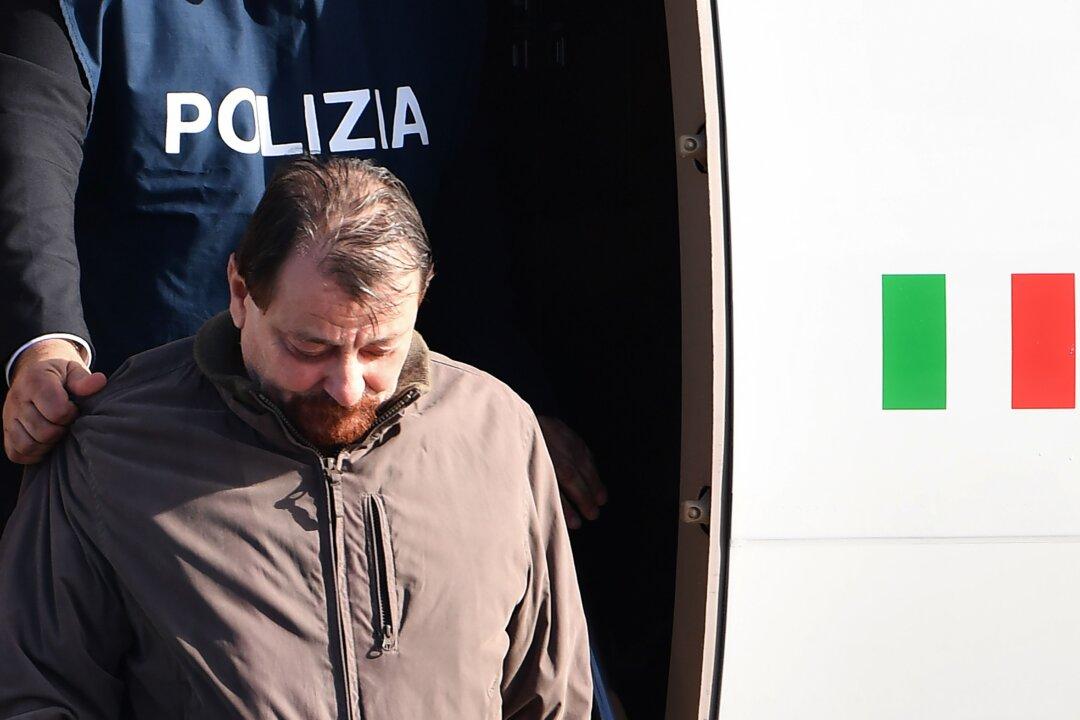It’s difficult to appreciate the power of Scout Niblett’s music without seeing her live. Sure, the sparseness of her set-up is obvious on record – just guitar and drums, and her near-atonal vocals. But you miss the grinding punch of her effects-laden guitar, the true intensity of her quiet-loud voice, and her surprisingly self-conscious sense of humour.
On stage she wears a high-vis jacket and plays mostly alone, sometimes with a drummer. Often she sits behind the kit herself, like when she plays ‘Your Beat Kicks Back Like Death’, a live favourite. It consists solely of a drum beat and the repeated lyric “We’re all gonna die!” When she performed it in London late last year, it raised giggles when she switched into Michael Jackson’s ‘We Are The World’ half way through. Scout encouraged an incongruous sing-along, and the crowd tentatively obliged. It seemed like a joke, singing “we are the world, we are the children” in that context. But the look in Scout’s eyes said otherwise – this girl was serious.





